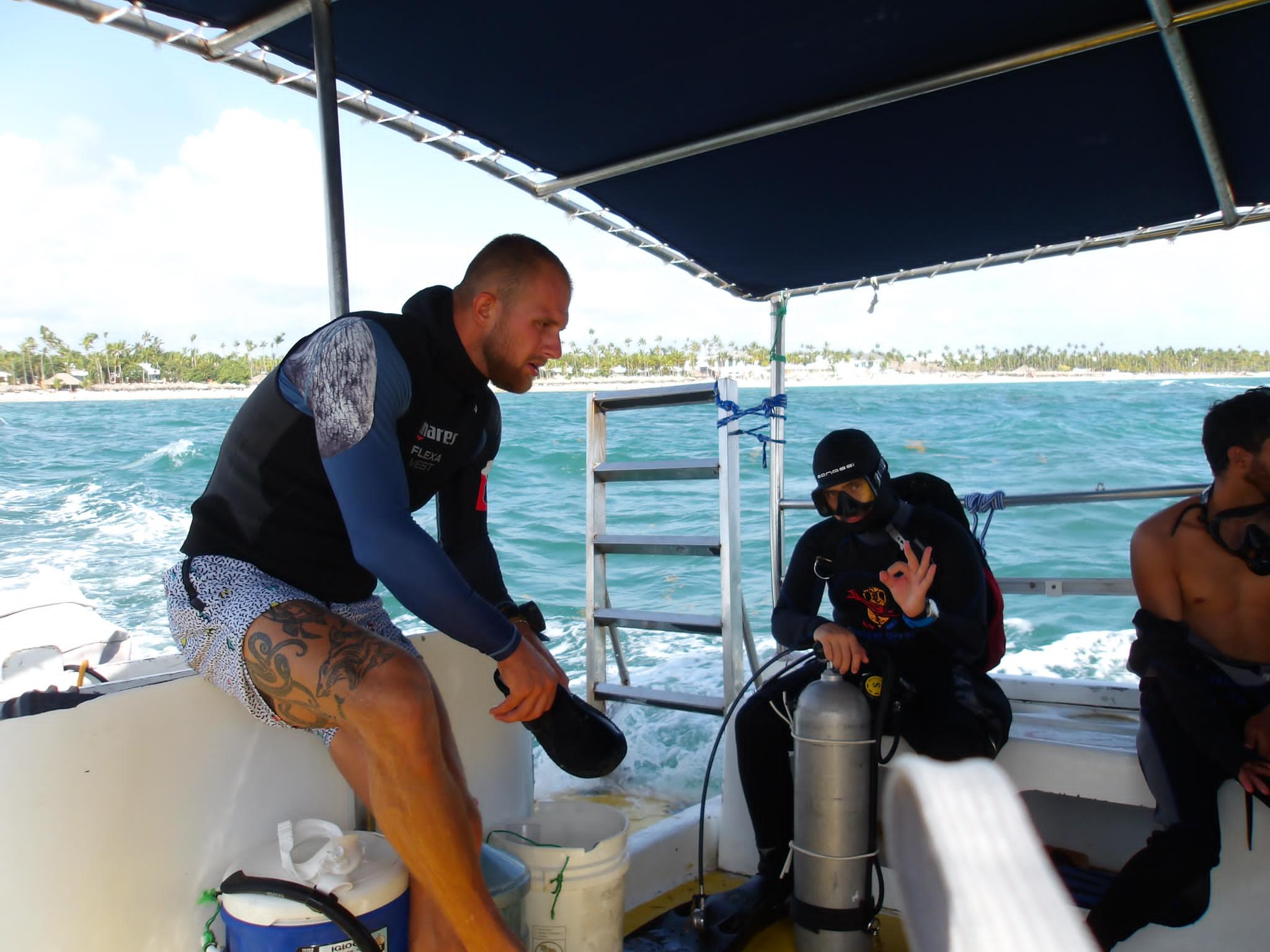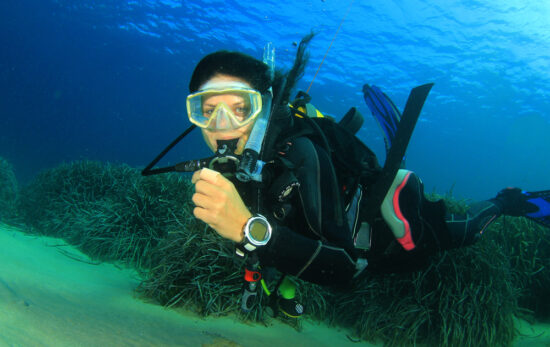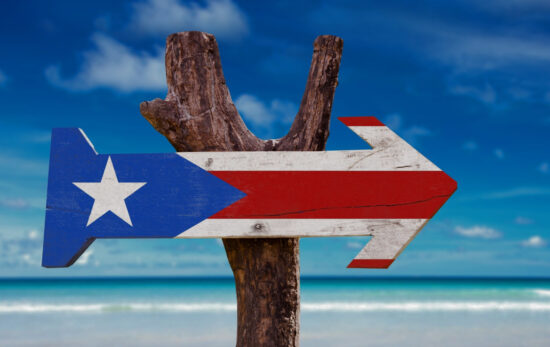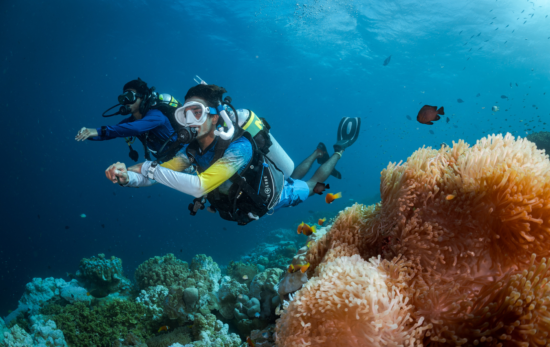Veterans are the backbone of the countries in which they served. As someone from the United States, Marine, Army, Navy, or Coast Guard, I personally want to thank you for your service. Whether you’re a struggling veteran, searching for a purpose, or a vet on their feet – diving welcomes all of us. Not only will you find camaraderie and discipline, but you’ll also find a supportive community. Pick up your berets, dust off your boots, and let’s learn to dive as veterans.
Military History
My name is Andrew Keaveny. I’m a scuba diving instructor with PADI and also a United States Army, Veteran. Before I go further, I need to disclose that I’m not a hero and never had overseas deployments. As a matter of fact, my contract ended early with a general, under honorable conditions, discharge. But, my time in the military made me who I am today. I had the honor of serving with the 82nd Airborne Division as an Infantry Mortar-man Paratrooper. The military gave me maturity and discipline. I experienced this with some of the best men and women I have met to date.

After The Army
After my time in the Army, I found myself lost, without a purpose, trying to find a new place in the world. Over the course of 5 years, I bounced around from college to work and found a career in the construction industry. No matter what I did I always missed the way the Army made me feel – proud, accepted, and confident. It wasn’t until I discovered the world of scuba diving that I regained that feeling. Learning to dive as a veteran brings out that inner soldier but also comes with structure, a need for commitment, and discipline.
Diving as a Veteran
From my first dive, I knew I wanted to go further with diving. I always found veterans in dive shops I visited. Having like-minded individuals around, I found the motivation to excel and the inner drive to keep me on course. I became focused and found a passion, something worth chasing. There is a saying that goes around in the military “embrace the suck”. That’s something I try to live by underwater and on the surface. Yet, as a scuba instructor, the only “suck” I have to embrace is when a dive gets canceled, or there are some bad conditions. If that’s all I have to complain about, my life is going pretty well, so give it a try.
Why Should Veterans Learn to Dive?
I grew up in a household where every male in my family served in the United States Military. That comes with PTSD, depression, and other mental or physical conditions. I have seen the worst of PTSD, and what life is like after a veteran conquers their mental illness. Veterans know what the feeling of camaraderie and brother/sisterhood feels like, and veterans of all backgrounds can find a home in the diving industry. It can be professional (to find their next career) or recreational (to gain therapeutic benefits from scuba diving).
Yes, the ocean actually has real proven benefits for your mental health. If you want to learn to dive as a veteran, check out these articles for more inspiration:
- Disabled Veterans Find Relief from Pain, PTSD Through Scuba Diving
- Under the Surface: Veteran Recovery Through Diving
- How Scuba Diving Can Help Your Mental Health
Not-For-Profit – Veteran Reintegration
A relative, Kevin Keaveny (Afghanistan Combat Veteran), started the not-for-profit organization, The Hudson Valley National Center for Veteran Reintegration. The organization’s main goal is to reintegrate veterans back into society while decreasing suicide rates. One of their programs, Vets On Water, is focus on water activities and wooden boat building as a form of therapy. If you’re an interested vet, visit the links above to get more information.
After Thoughts
As veterans, we have many options. We can learn to dive as vets with our GI Bill Benefits and join clubs looking to help, meaning you can focus more on diving and less on money. PADI’s newest campaign, Live Unfiltered, focuses on the mental health and personal well-being aspects of diving. If you’re interested in more about this campaign or are ready to start your scuba diving course now, click the button below.





